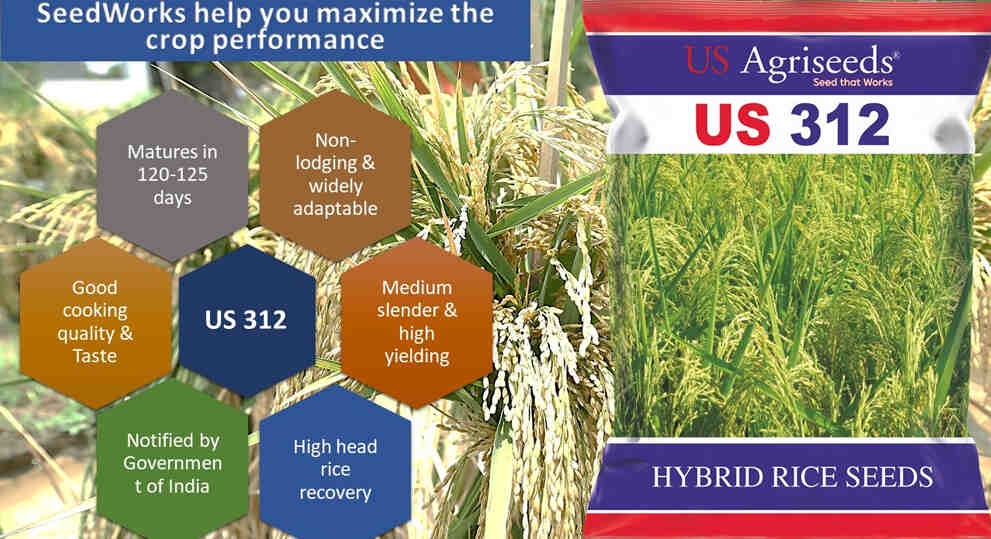In the bustling agricultural landscape of India, seeds sellers play a crucial role in ensuring farmers have access to quality seeds for their crops. However, operating in this sector isn't without its challenges, particularly when it comes to navigating regulatory compliance. In a country where agriculture forms the backbone of the economy, adherence to stringent regulations is paramount for seeds sellers to thrive. Let's delve into the complexities they face and how they navigate the regulatory landscape.
Understanding the Regulatory Framework
The Indian seed industry operates within a robust regulatory framework governed primarily by the Seeds Act, 1966, and the Seeds Rules, 1968. These regulations aim to ensure the quality, availability, and accessibility of seeds to farmers while safeguarding their interests. Additionally, the Protection of Plant Varieties and Farmers' Rights Act, 2001, protects the rights of both farmers and breeders in the field of plant varieties.
Quality Assurance
One of the primary concerns for seeds sellers in India is ensuring the quality of their products. The regulatory authorities enforce strict quality standards to safeguard farmers against substandard or counterfeit seeds. Seeds sellers must obtain certification from authorized agencies confirming the quality and purity of their seeds before they can be sold in the market.
To meet these requirements, seeds sellers invest in robust quality control measures, including regular testing, adherence to prescribed standards, and maintaining proper documentation. This not only ensures compliance with regulations but also builds trust among farmers, who rely on the quality of seeds for successful crop yields.
Varietal Approval
Introducing new seed varieties into the market requires approval from regulatory bodies such as the Indian Council of Agricultural Research (ICAR) and the National Seeds Corporation (NSC). Seeds sellers must submit detailed documentation and evidence of the performance, adaptability, and stability of the new variety for evaluation.
Navigating the varietal approval process can be time-consuming and resource-intensive. Seeds sellers must demonstrate that their new varieties offer tangible benefits such as higher yields, disease resistance, or improved traits compared to existing varieties. However, once approved, these varieties can open up new market opportunities for seeds sellers while benefiting farmers with innovative solutions.
Labeling and Packaging
Another aspect of regulatory compliance for seeds sellers pertains to labeling and packaging requirements. The Seeds Act mandates that seed packets must bear accurate information regarding seed type, variety, purity, germination rate, and other essential details. Additionally, packaging must adhere to specified standards to prevent contamination and maintain seed quality during storage and transportation.
Seeds sellers invest in designing informative and compliant packaging that not only meets regulatory requirements but also communicates effectively with farmers. Clear labeling helps farmers make informed decisions and ensures transparency in the seed supply chain.
Conclusion: Navigating the Regulatory Maze
Operating as seeds sellers in India involves traversing a complex regulatory landscape characterized by stringent quality standards, varietal approval processes, and labeling requirements. While these regulations pose challenges, they also underscore the importance of ensuring the integrity and reliability of seeds in agriculture.
To navigate this regulatory maze successfully, seeds sellers must prioritize quality assurance, invest in research and development for new varieties, and maintain meticulous record-keeping practices. By adhering to regulatory compliance, seeds sellers not only fulfill their legal obligations but also contribute to the growth and sustainability of the agricultural sector in India.
In essence, regulatory compliance isn't merely a regulatory burden; it's a fundamental aspect of responsible and ethical seed selling practices that benefit both seeds sellers and farmers alike. As India continues to strive for agricultural excellence, adherence to regulatory standards will remain a cornerstone of success for seeds sellers across the nation.


No comments yet